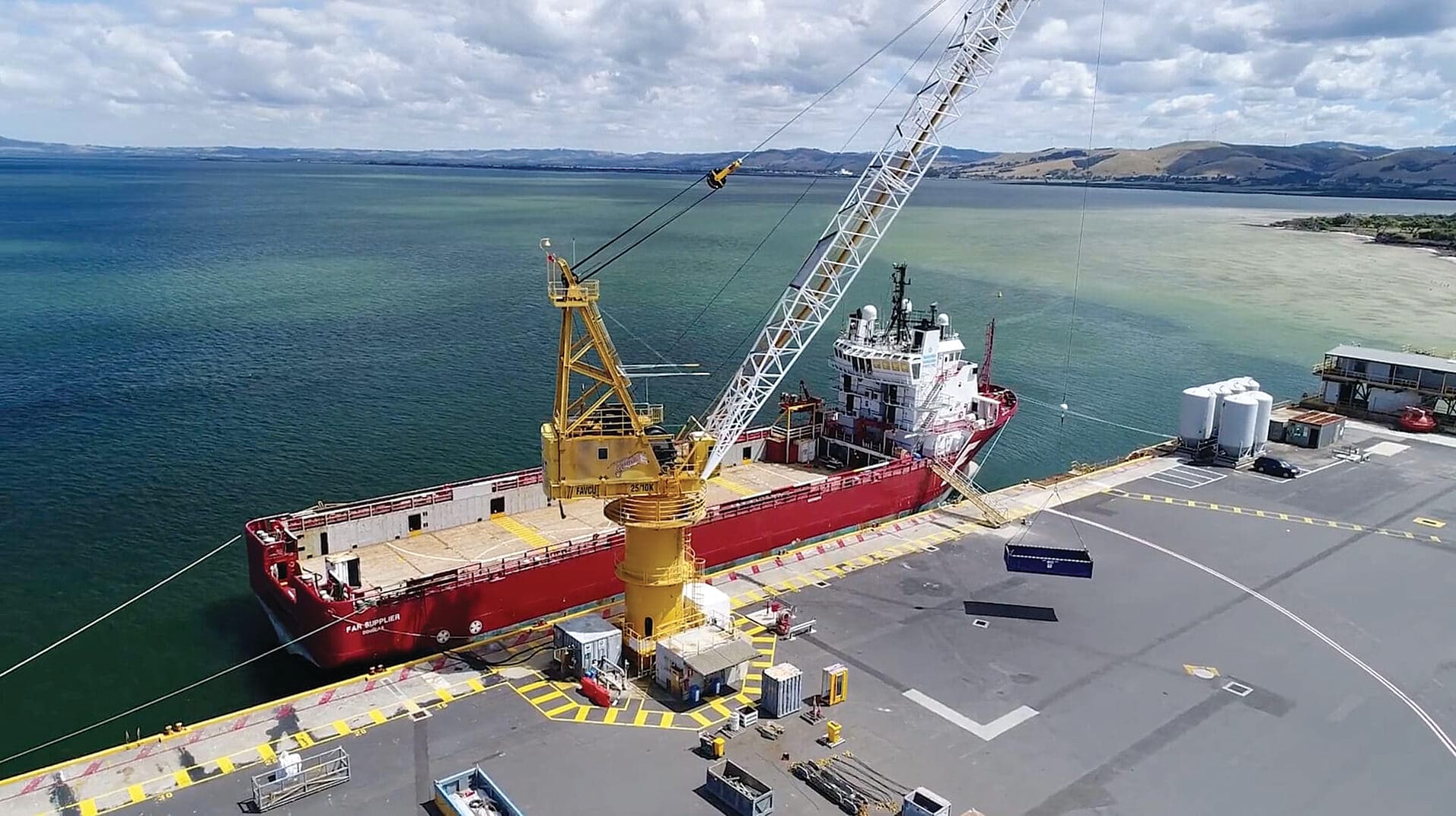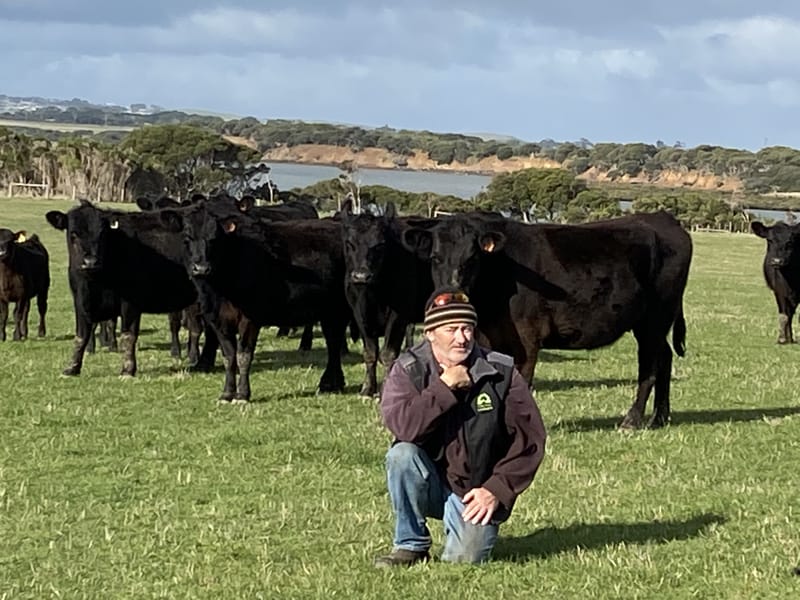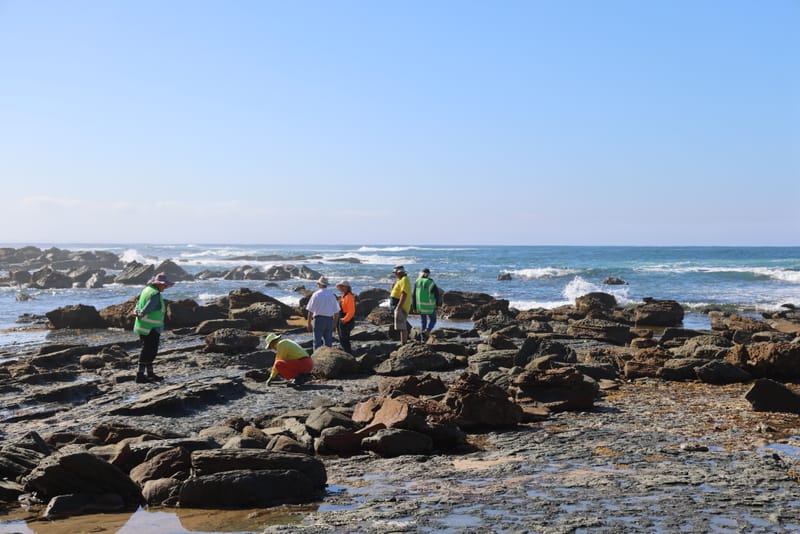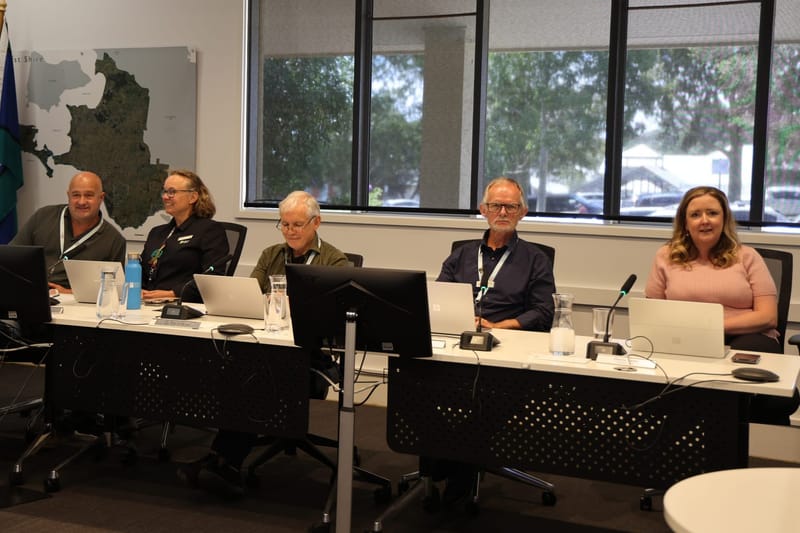Potential risk to Corner Inlet prompts call for Environmental Effects Statement
CONCERNS have been raised over Esso Australia’s plans to use Barry Beach Marine Terminal (BBMT) to break down decommissioned Bass Strait platforms. A community group and Birdlife Australia, which describes itself as being at the forefront of bird...

CONCERNS have been raised over Esso Australia’s plans to use Barry Beach Marine Terminal (BBMT) to break down decommissioned Bass Strait platforms.
A community group and Birdlife Australia, which describes itself as being at the forefront of bird conservation and the nation’s largest bird conservation charity with over 400,000 supporters, are among those expressing alarm at the potential impact on the Corner Inlet Ramsar site.
Birdlife Australia’s Executive Director of Conservation and Science, Lyndel Wilson, made a submission on the organisation’s behalf in response to a ‘referral’ from Esso Australia relating to the establishment of an Onshore Reception Centre (ORC) at BBMT, stage one of its decommissioning campaign.
Esso’s referral is required by the Environment Protection and Biodiversity Conservation (EPBC) Act, with anyone whose project could impact any matters protected under that Act needing to submit a referral.
A referral is a written request for the Environment Minister to decide whether the action proposed needs assessment and approval under the EPBC Act.
Birdlife Australia’s submission argues Esso’s proposed action, outlined in its referral, should be declared unacceptable under the EPBC Act, stating it is likely to have significant and unacceptable impacts on Matters of National Environmental Significance.
“The proposed action will likely disturb roosting habitat, roosting patterns and assemblages of a wide range of migratory shorebird species, including threatened species, within the Corner Inlet Ramsar site,” the submission states, offering the Far Eastern Curlew as one such threatened species.
“Barry Point, the sandy point adjacent to the southern boundary of the proposed action project area, is a significant roosting site for migratory and resident shorebirds,” Birdlife Australia states, noting that should the proposed action proceed, it will increase levels of noise, light and dust within 500 metres of that roosting site.
It is argued that may lead to potential site abandonment by disturbed birds.
Birdlife Australia stresses that while the current Esso referral relates to the establishment of the ORC, that is part of a larger overall project, which needs to be considered in its entirety.
In its referral, Esso divides the decommissioning campaign into three stages, the first being the establishment of the ORC, the second the activities required to transport the removed structures to the ORC and offload them there, and the third stage is dismantling operations.
Stages two and three would each require submission of separate referrals. The initial stage is hoped to be completed over 13 months, beginning in January 2026, with transporting and offloading of the structures intended to take place over three or four months from the third quarter of 2027 to early 2028, and dismantling operations expected to commence in the second quarter of 2028 and take two to three years.
A report prepared on behalf of Esso Australia claims “Potential disturbance of resident and migratory (bird) species present at the site will be low in the context of their pre-exposure to physical presence, noise and artificial lighting from the operation of the BBMT facility for more than 50 years.”
The report also states “The potential for unplanned impacts due to mobilisation of contaminants to occur is very low, due to the application of standard avoidance measures within the construction method,” thus not ruling out the possibility of contamination to the sensitive environment of Corner Inlet.
Foster’s Julia Merrington, of the informal and recently named Corner Inlet Alliance, said its members want to see a full Environmental Effects Statement required in relation to Esso’s plans, a petition to that end attracting over 3500 signatures, and having been presented to the Victorian Legislative Council in May.
The petition requests the Legislative Council to call on the State Government and the Minister for Planning to commission an Environmental Effects Statement into Esso’s plans for the decommissioning of retired oil and gas rigs at BBMT, ensuring there is a period of public consultation.
Julia is adamant that new sustainable jobs are welcome in South Gippsland, but with the environmental importance of an internationally recognised Ramsar wetland, and South Gippsland’s reliance on tourism, farming and fisheries jobs, it is essential to prove the overall decommissioning project is safe for all the creatures and people who rely on Corner Inlet.
“We don’t get a second chance,” she said.





